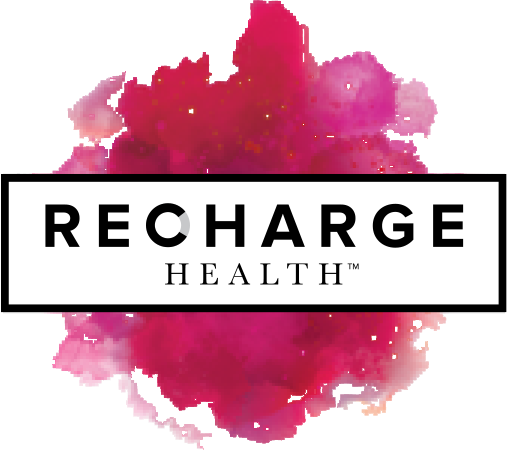1. You don’t feel awake. At. All.
Exhausted, wiped out, half-awake—no matter what you call it, fatigue is the most obvious and common sign of sleep deprivation. You’d expect such a profound feeling of tiredness to make it easier to fall asleep once your head hits the pillow, but for some people, lying in bed waiting… and waiting… and waiting to fall asleep may in fact be the source of your sleep deprivation. The length of time it takes to fall asleep is called the sleep latency period, and people who have a long sleep latency take longer to fall asleep. While only detectable in a sleep study, long sleep latency can be the underlying cause of excessive daytime sleepiness and sleep deprivation symptoms.
2. You’re hungry all the time.
“When the mind isn’t getting the energy it requires from sleep, it’ll frequently attempt to get it from food,” says Chris Winter, MD, of Charlottesville Neurology and Sleep Medicine in Virginia. Running on very little rest may raise the body’s production of the “hunger hormone” ghrelin, making you hungrier than usual. Lack of sleep can also reduce the production of leptin, the hormone that regulates satiety (your feeling of fullness). So you feel less full, hungrier—and in search of an energy boost. We think you know where this is headed…
3. You’re gaining weight.
One of the most unattractive signs of sleep deprivation. When you’re tired, Winter explains, your body seeks foods that will make you feel more alert. You might find yourself reaching for sweets and candy, which are high in glucose, the brain’s favored fuel source—even if you don’t normally touch the stuff. Eat these high-calorie, low-nutrient foods too frequently and you might notice the numbers on the scale start to climb. Furthermore, according to a study published in Sleep Medicine Reviews, sleep deprivation can lower your glucose metabolism, making you more susceptible to insulin resistance, a known factor for type-2 diabetes and another likely contributor to weight gain.
4. You’re unusually impulsive.
“People tend to behave irrationally when they are overly exhausted,” says Gail Saltz, MD, a professor of psychiatry at New York-Presbyterian Weill Cornell Medical College in New York City. “Your capacity to express, ‘No, I shouldn’t have another candy bar,’ shrinks.” With your cognitive function impaired from lack of sleep, you may find yourself acting impulsively in many ways, from ranting at a coworker to lashing out at your partner.
